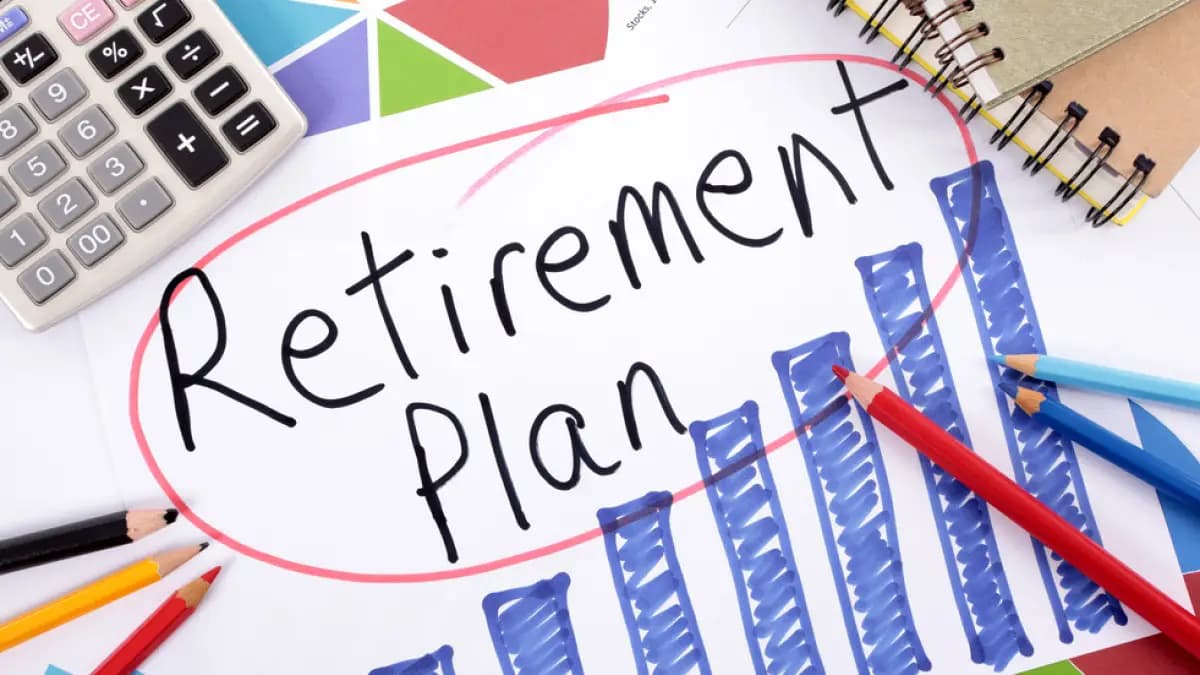3 Ways To Manage Your Finances As You Approach Retirement
As you near your retirement, you might have to cope with increasing health issues. Therefore, it is important to plan finances well to ensure a financially stress-free retirement
As you near your retirement, you might have to cope with increasing health issues. Therefore, it is important to plan finances well to ensure a financially stress-free retirement

As we age, we may face different health issues. Therefore, it is crucial to plan finances in a way that we can maintain the desired lifestyle, and take care of our health and possible complications. Buying health insurance and managing post-retirement income are the top factors that we must consider to financially support ourselves and our family, even after retirement.
Here are three ways to plan finances if you are nearing retirement and are concerned about health issues. Even if you are fit and take care of your health, one must be prepared for medical issues. Here’s how.
Advertisement
Invest In A Health Plan That Suits Your Life Stage
Given the increasing medical and hospitalisation costs, ensuring that your policy provides adequate coverage is important. Buying a policy when one is nearing the 60s can be expensive, especially if it is a family floater policy. Look at buying separate policies. “Medical costs for critical illnesses, including cardiovascular diseases, cancer, kidney failure, etc, are high. At this stage (age), policy cost can be on the higher side, but will still definitely be lesser than the total medical expenses. Also, make sure that your policy’s waiting period for pre-existing diseases is not too long,” says Anup Bansal, chief investment officer, Scripbox, a wealth management firm.
Advertisement
Reduce Equity Exposure; Increase Debt Holdings
In many cases, health insurance may not be adequate or applicable. In such situations, we have to depend on our own resources. Many of us prepare for our retirement by focussing on equity investments such as stocks, mutual funds, etc., for higher returns. “However, equity investments are volatile in nature. Thus, a couple of years before retirement, you should start transferring those investments to debt funds. Doing this will reduce your risk exposure and, after retirement, you will have stable cash flow and liquidity,” says Bansal.
Get a deeper understanding of retirement planning and its stages, click here Retirement Planning: How to Prepare For The Last Milestone
Be Mindful Of The Withdrawal Rate
Determining an efficient withdrawal rate from your retirement portfolio should also be given enough attention. Consider two main factors while deciding this: post-tax returns and potential expenses after retirement. In the latter, do remember to account for health-related expenses. The goal is to distribute the post-retirement income over the years to avoid running out of funds. “As retirement approaches, if your corpus falls short, then you may consider investing in an annuity to cover the shortfall. A lump sum amount in an annuity can provide you with regular pay-outs. However, you must take into account your total investments and risk appetite before taking a decision,” says Bansal.
Advertisement
People normally invest in annuities, SCSS, etc. to get a decent return for meeting their expenses. However, if you have a residential property, you can rent it out to earn a decent rental income for the rest of your life after retirement.
Technological advancements happened so quickly that they made many of the elderly and senior citizens vulnerable to financial fraud. How senior citizens can stay safe from financial fraud?
Online transactions have made senior citizens' shopping, banking and other activities extremely pleasant and comfortable. However, they must be aware of safety measures to avoid fraud
Get all the latest stories delivered to your inbox
Advertisement
Get all the latest stories delivered to your inbox